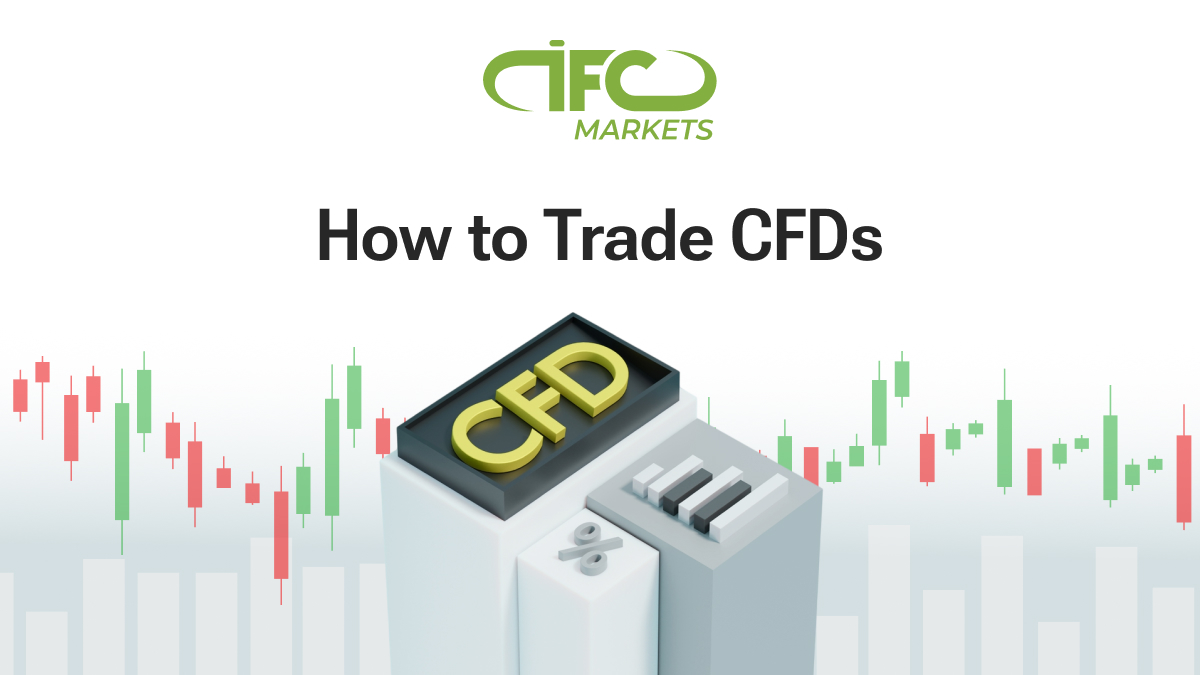How to trade FX CFDs online in the UK?
3 min read
If you are looking for a starting point in trading forex, CFDs may be a good choice for you. Contracts-for-Difference allows an investor to speculate on whether an asset will rise or fall without actually owning it. They both operate under a similar principle, yet there are also some essential differences that you need to be aware of when making your decision. It’s best to consider each one individually before deciding which suits your needs and experience level.
What are Forex or Currency futures?
Forex, or currency futures, involve buying and selling currencies at either a set price at a future date or within a range of prices at an agreed-upon future date. With CFDs, you buy the right to own the underlying share and sell it at any point over a set period. The difference between your entry and exit price determines how much profit (or loss) you will make.
For example, Company X currently trades at £20 per share; if we purchase two shares, we’ll pay £40 for them (the ‘entry’ price). If after one month, Company X has increased its stock value to £25, we can sell our shares for that amount (the ‘exit’ price) and make a profit of £5 each, or £10 total on our initial £40 investment giving us a return of 25%. In this example, the ‘low point’ was £20, and the ‘high point’ was £25.
What is the key difference between these two forms of trading?
The key difference between these two forms of trading is that it becomes an asset to your portfolio when you buy a share in a foreign company. You can then either hold onto it, hoping that its value will increase over time or diversify your investment depending on how you feel about technology shares, for example.
Contracts-for-Difference, on the other hand, operate more like gambling than investing; if we purchase Company X shares at 20p each and sell them at 25p each after one month, we would have made a profit of 5p per share (or 10p per share if we bought two shares), which translates into 10% of our initial investment.
Disadvantages to trading CFDs
One disadvantage to trading CFDs is that you are not purchasing the asset; you enter an agreement with your broker. Therefore, your entry price is what you think the share price will be at any point during your contract, and if its value goes up or down within that period, so does yours.
Unlike forex trading, where the prices of specific currencies fluctuate more than others over a given period, every company’s stock moves in relation to how it performs as a business. For example, Company X may have had a fantastic day of trading, tripling their stock value due to favourable market conditions. If you bought Company Y shares instead, however, there was no change in the market. Therefore, your gain in Company X shares would be much greater than your loss in Company Y shares, should you eventually sell them at their original price; this is referred to as asymmetric risk.
Furthermore, while some CFDs will allow you to ‘lock-in’ your entry or exit price (i.e. removing the element of guesswork), this is rare and should only be used by traders with extensive knowledge of how these instruments work. Traders should never use it without careful consideration because it will prevent you from closing your position should the market drop substantially before your designated period elapses.
In conclusion
Suppose you’re a beginner trader who isn’t interested in storing assets or selling them back at a future date and want more than just an estimate for return on investment. In that case, Contracts-for-Differences might be worth trading with a broker. Otherwise, proceed with forex, it’s not as widely known or common as CFDs, but they both work on the same principle and provide an excellent method of short term investing. Beginner traders should use a reputable online broker from Saxo Bank and trade on a demo account before investing money in actual trades.






